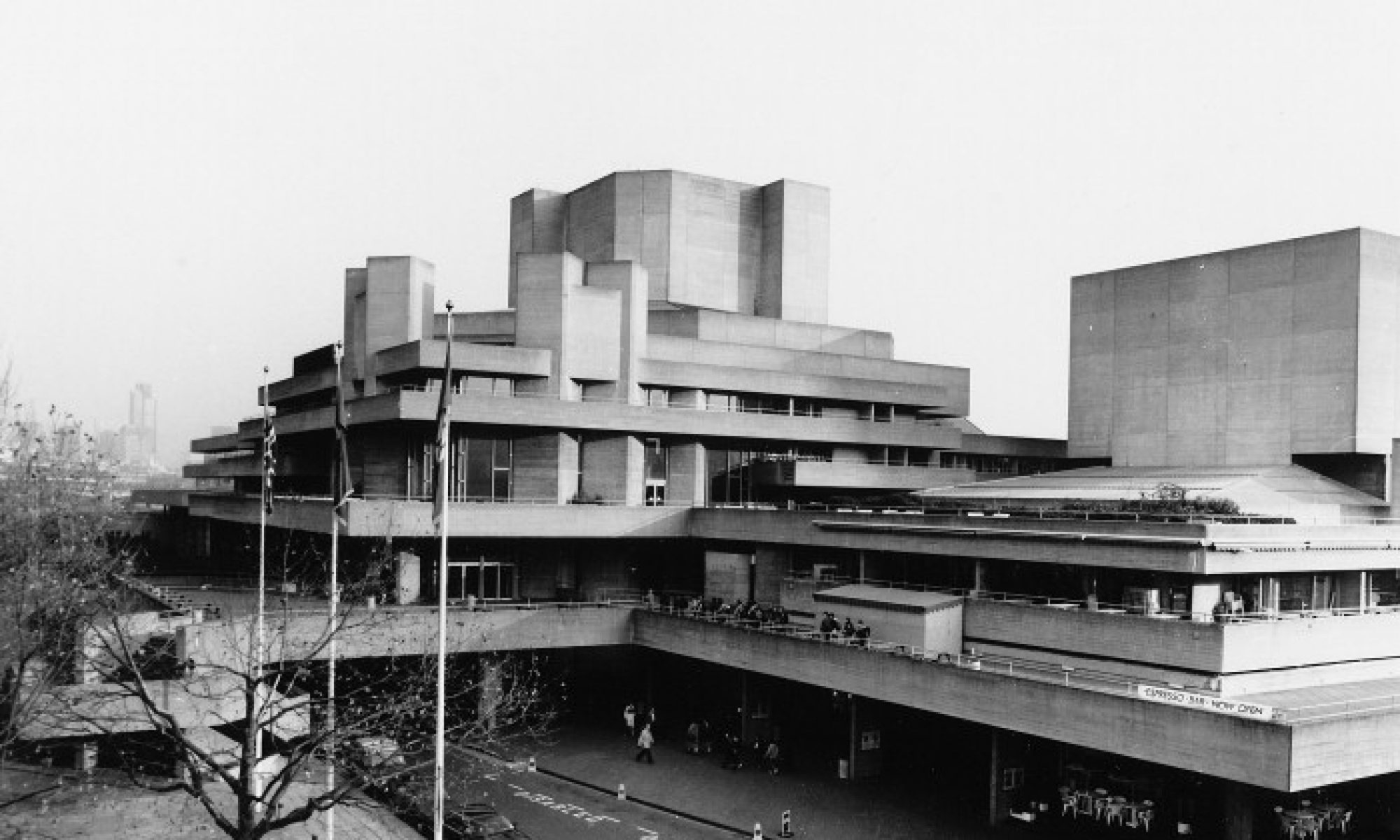When you’re a teenager and living in London the allure of subculture is overwhelmingly strong. The streets are full of songs from The Clash, David Bowie and Dizzee Rascal. I pod’s were the major companion in transit to and from school, football matches and parties. While in my cultural formation i’m quintessentially urban, it was the dream of the counterculture that had the greatest influence. Carnaby Street, The Beatles Apple Store, the experimentation with drugs. These were the cornerstones of my imagination and built my creative mind. There were many merits towards this complete obsession, however, the moral of this story is one of disillusionment and regret.

At school I was given the raw materials to pursue the principles of humanism and the enlightenment. Despite the offerings and the talents that aligned with these tasks I had one dream that trumped the scholarship of Edward Gibbon, the plays of Aeschylus and access to international hockey coaches – it was the desire to become a Rock and Roll star. Moreover, the imagination was constructed through Fact Magazine, the NME and Skins instead of Waugh, Nabakov and Hitchens. Of course, it is worthwhile encouraging the passions of young students for it is through these experiments that they can understand what they enjoy and what they are good at, however, we should be very aware that within the culture that captured my and a large part of my cohorts imaginations were a host of very bad ideas that are genuinely harmful towards the individuals that invest in these beliefs, moreover, the belief systems inherent within these cultures were in contradiction towards the structures and ideas, like the economy, politics and consciousness, that were doing so much to enrich my life. In not noticing how i was benefiting from these powers i wasted time chasing after false beliefs and illusionary senses of self.
Without a doubt the most dangerous ideas in pursuit of a counter-cultural and subcultural living is the respect given towards drugs. Within musical subcultures the experimentation with drugs is a consistent feature of individuals and a mainstay within the lyrics. Keith Richards, Mac Miller, Johnny Cash, Ray Charles, Kurt Cobain, Lil Wayne, David Bowie, Eminem, Marvin Gaye, Amy Winehouse, Jim Morrison and Jimi Hendrix all had serious drug problems. It is in part why we liked their music because, just like the culture it represents, is subversive. Unfortunately this obsession with drugs has the effect of suggesting that through the bingeing of these drugs one can become part of the subculture, moreover, the environments where this subculture is celebrated, like night clubs and festivals, are created to enable the casual consumption of drugs. In turn, normative social values become negotiated through one’s ability to consume such chemicals and, just like the rock and roll stars (many of whom joined the fateful 27 club), an individuals’ status within a group gets associated with their drug of choice.
Teenagers need role models. For me my role models were the Rock and Roll stars because it seemed like they had the most fun, however, the more I studied, beyond being seduced by films of Martin Scorsese (Woodstock, No Direction Home and Living in a Material World), the more I realised that I had been conned by the counter-culture. Joan Didion, both an agent and chronicler of the American counter-culture, describes the disillusionment of the hippy scene in 1967 writing how ‘Adolescents drifted from city to torn city, sloughing off both the past and the future as snakes shed their skins, children who were never taught and would never now learn the games that had held the society together’. The final sentence emphasises that the submission to a lifestyle left its disciples, and the disciples’ children, deficient to a sustenance and growth necessary to ‘learn the games that had held the society together’. The same is found at Woodstock, where the influence of the New Left, the SDS, the Yippies and Black Panthers – all the stars of Netflix’s The Trial of the Chicago 7 – was minimal and the rule of music and drugs hegemonic. Therefore, my wish was to emulate a series of false idols and false cultures, whose appeal benefited greatly from the adoption of drug fuelled theatrics.
The warnings about the falsity of counter-culture have been consistent since the 1960’s. Jimi Hendrix was well aware of the loser junkies that took him to be a god writing ‘if the hippies cut off all their hair/ I don’t care’, Bob Dylan converted to evangelical Christianity, while Christopher Hitchens describing the 60’s wrote ‘we didn’t “do” drugs, which we regarded as a pathetic, weak minded escapism almost as contemptible as religion’. How is it then that an 18 year old Sam still managed to get fooled by the allure of such a lifestyle and is it the case that we have scores of young peoples that are pursuing the subversive at the cost of their minds, their communities and their ambitions?
The dream of the enlightenment and humanism encourages people to become leaders, athletes, prime ministers, scholars, scientists and problem solvers. These ideas encourage the individual to join the likes of Mozart, Churchill, Einstein and Barack Obama. The work of Sam Harris and Aldous Huxley explain effective ways to experiment with psychedelics without ramming their benefits down your ear drums and building their careers through a reputation as a junkie. The theatrical tradition is far more diverse and historically significant than the performances through the festivals that stemmed from the 60’s, and David Bowie’s album titled ‘In Bertholt Brecht’s Baal’ is suggestive with an attempt to align himself with this tradition over the shallow reality of 1960’s counter-culture.
It is vitally important that this country’s best and brightest do not get distracted by the opiate of counterculture as these practices fail to acknowledge and prepare for the genuine challenges that people are facing in the coming century. It is my worry that preoccupations with subcultural scenes are leaving our talented students vulnerable to not learning the games that ‘held society together’. This century will be a great battle for ideas, so it would be useful to be aware of good ones, and for me the illusion of the counterculture needs to be acknowledged. This is why I have created the website the Watchmen, to introduce students to material from the best teachers on the most important subjects of our time. I have selected 6 topics to begin with: Cyber Crime, Stalkerware, Climate Change, Social Media, China and Silicon Valley.
The counterculture is out of date and overinflated. Let’s not commend the greed of drug abuse. Remember, Johnny Rotten’s not a punk – Johnny Rotten sells Country Life Butter.
